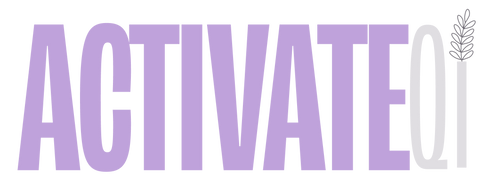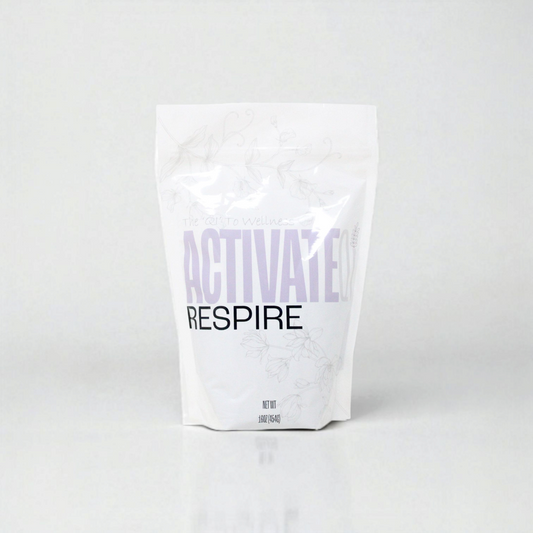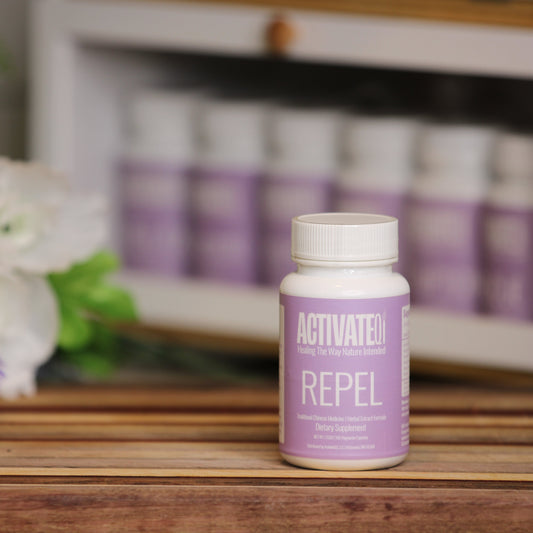Proactive Care for Your Horse’s Health
Taking a proactive approach to your horse’s health can help prevent common issues like muscle soreness, poor hoof quality, and digestive imbalances. By focusing on proper nutrition, exercise, hoof care, and Traditional Chinese Medicine (TCM) principles, you can ensure your horse stays in optimal condition.
Proactive Care for Sore Muscles
Muscle soreness in horses is often linked to imbalances in the spleen, liver, and kidneys. Understanding how these organs contribute to muscle health can help you take preventive measures to keep your horse comfortable and performing well.
Spleen: Governs muscle health by transporting nutrients. An imbalanced spleen can lead to weak or sore muscles.
Liver: Nourishes the blood and governs tendons and ligaments. Poor liver health can result in weak tendons, increased stress on muscles, and poor circulation.
Kidneys: Govern bones and fluids, including joint fluid. Insufficient joint fluid can cause compensation patterns, leading to muscle soreness.
External factors like wind, heat, and dampness can also block the body’s energy channels (meridians), restricting the free flow of Qi and leading to stiffness or arthritis.
Proactive Strategies:
- Quality forage and proper nutrition
- Regular exercise and conditioning
- Correct hoof angles to support movement
- Routine lameness exams for performance horses
Our Relief formula supports muscle health by tonifying the spleen, liver, and kidneys, eliminating dampness and heat, improving circulation, and reducing inflammation.

Proactive Care for Hoof Growth & Quality
Healthy hooves start from the inside out. Poor hoof growth and quality are often linked to spleen and liver imbalances, diet deficiencies, and improper hoof care.
Spleen Deficiency: The spleen converts Qi into energy and transports nutrients. When deficient, it slows digestion, leading to weight loss and poor hoof growth.
Liver Imbalance: The liver nourishes tendons and ligaments. Poor circulation due to liver imbalances can lead to insufficient blood supply to the hooves.
Blocked Channels: Toxins, wind, heat, and dampness can restrict the free flow of Qi, affecting hoof health.
Poor Diet: Low-quality forage lacks essential nutrients for healthy hoof growth.
Incorrect Hoof Angles: Improper trimming or shoeing can affect how the hoof wears and grows.
Proactive Strategies:
- Provide high-quality, tested forage
- Support liver and spleen health with herbal formulas
- Ensure correct hoof angles based on movement and wear
- Maintain a forage-based diet to optimize digestion
Feeding a Forage-Based Diet
A forage-based diet is the foundation of equine health. Many commercial feeds contain inflammatory ingredients that disrupt digestion, gut microbiota, and hormone balance. Horses are designed to thrive on forage, but ensuring they receive proper vitamins and minerals is key.
Common Questions About Forage Diets:
How do I know my horse is getting enough vitamins and minerals?
- Test your hay to assess nutrient content.
- Rotate different types of forage to provide variety.
- Offer loose minerals if quality hay or pasture is unavailable.
- Support gut health with GI formulas to aid digestion and absorption.
Can horses thrive on forage alone?
Yes! Horses evolved to eat forage. A well-balanced forage diet meets their energy, and protein needs while reducing the risk of colic and metabolic disorders.
How do I transition my horse to a forage-only diet?
- Gradually reduce grains while increasing hay and pasture access.
- Monitor weight, energy levels, and digestive health.
Why Forage-Only Diets Reduce Health Issues:
- Promotes natural saliva production to neutralize stomach acid
- Reduces colic risks associated with high-starch diets
- Supports consistent digestion and nutrient absorption
- Maintains a healthier gut microbiome
Providing Your Horse with Healthy Prevention Habits
While we can’t eliminate all health risks, taking preventive steps can significantly improve your horse’s well-being. Toxins, water quality, parasites, and environmental factors all play a role in long-term health.
Proactive Strategies for Optimal Health:
- Clean Water Sources: Regularly clean troughs and buckets to prevent bacteria buildup.
- Water Testing: Heavy metals in water can disrupt kidney function. Testing your water ensures safety.
- High-Quality Forage: Provide clean, mold-free hay and test it for nutritional content.
- Inflammation-Free Diet: Avoid commercial feeds with inflammatory ingredients that disrupt digestion.
- Parasite Cleansing: Horses are constantly exposed to parasites that affect gut health and immune function.
- Immune Support Before Stressful Events: Traveling, competitions, and weather changes can weaken immunity.
- Avoid Overuse of Medications: Many medications disrupt gut and liver function, leading to long-term health issues.
- GI Support for Digestive Health: Support digestion during seasonal changes, travel, and high-stress situations.
By implementing these proactive strategies, you can help your horse maintain strong muscles, healthy hooves, and a well-balanced digestive system. A holistic approach combining quality nutrition, proper hoof care, and TCM principles ensures long-term health and performance.
At ActivateQi, we provide herbal formulas designed to support your horse’s health naturally. Explore our products to help maintain balance, reduce inflammation, and promote overall well-being!





